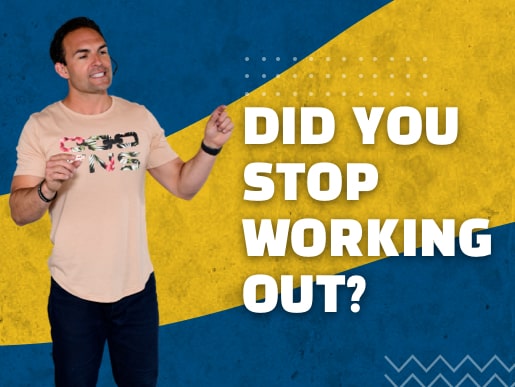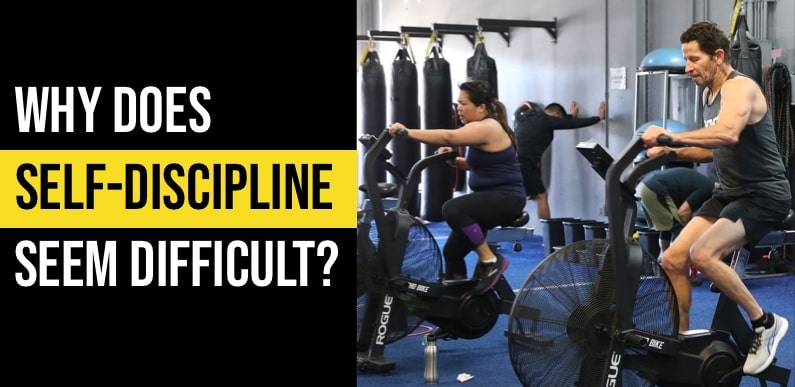A day’s break from working out could get stretched, and before we realize it, we can be left feeling like a newbie at the gym. You don’t have to guilt-trip for giving your body a break for a few days. But how long is too long?
Here are a few changes your body goes through when you take a break from working out.


When you exercise, you’re essentially sending your muscles a message that they’re needed in a new and different way, and the only way to satisfy that need is to grow bigger and stronger.
However, if you skip those future workouts, the muscles don’t need the increased size and strength. They’ve gotten big for no reason, so they shrink back to what they were before.
Did you miss a workout?
No big deal. But two weeks from the gym can mean declines in strength, stamina and health, even for the ultra-fit.
Exercise is an effective way to lower blood glucose levels, but if you stop working out, your blood sugar levels may remain elevated after a meal.
A detraining period of 12 weeks results in decreased muscle mass and muscular strength, although the muscles can return to pretraining levels. The good news is that retraining can occur more quickly due to a concept known as “muscle memory”.
When it comes to exercise, consistency is vital.
Even for the fittest, a few weeks away from training can result in rapid declines in strength, aerobic capacity, and the biomarkers, such as blood pressure, that indicate a healthy body.
“Detraining will occur relatively quickly, with major declines occurring after two or three weeks,” says Mark Peterson, PhD, an assistant professor of physical medicine and rehabilitation at the University of Michigan. The above graphic outlines some of the changes and when they occur.
But maintaining a regular exercise routine has many benefits.
“Strength preservation and daily physical activity in adolescence, midlife, and older adulthood are powerful protective factors for maintaining cardiovascular health and functional mobility, reducing injury and extending life expectancy,” Peterson says.
Below are tips for sticking with an effective exercise routine & switching things up:
Aim for intermittent physical activity: Break up exercise into chunks throughout your day. It’s practical and fits around busy schedules.
Go gym-free: Resistance exercise can occur without gym access. Use your body weight for moves such as bodyweight squats, push-ups, planks, pull-ups (or inverted rows), lunges, stair climbing, or even playing in a jungle gym.
Combine forces: Aerobic and resistance exercises are far superior to either alone for improving body composition and metabolic health, increasing muscle strength and endurance, and enhancing cardiorespiratory health and fitness.
Try HIIT: Occasionally, High-Intensity Interval Training (HIIT) can improve health and fitness in less time. Cycling, running, or stair-climbing HIIT for equivalent work and rest ratios can produce immediate and better effects.
Get outdoors: Regular exercise and outdoor recreation can reduce stress and depressive symptoms, improve mood, and enhance cognitive health.
Patience and persistence are key.
Remember, not all is lost – you can regain your fitness, and Detraining is just a tiny part of your fitness journey.
Whatever you do, know that your muscles will get the message after one workout.
Keep the momentum up, so your body doesn’t return to its baseline.
Your health in the short and long term depends on it!
For more Accountability-related blogs, click here
https://fns360.live/blog/category/accountability-2/.
You can also check out more such videos, The Huddle with Coach Brian Nunez – Mindset Motivation & Interviews.






